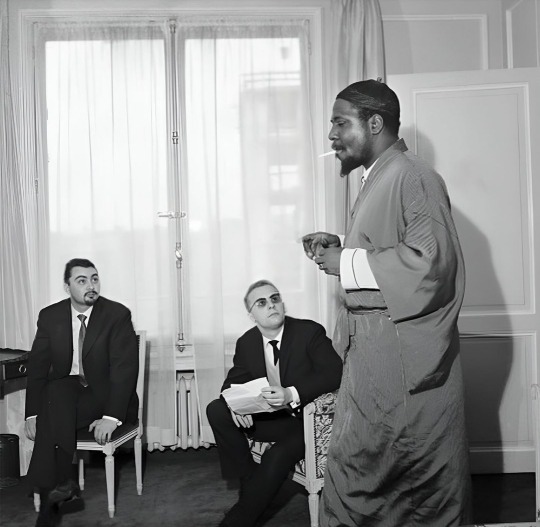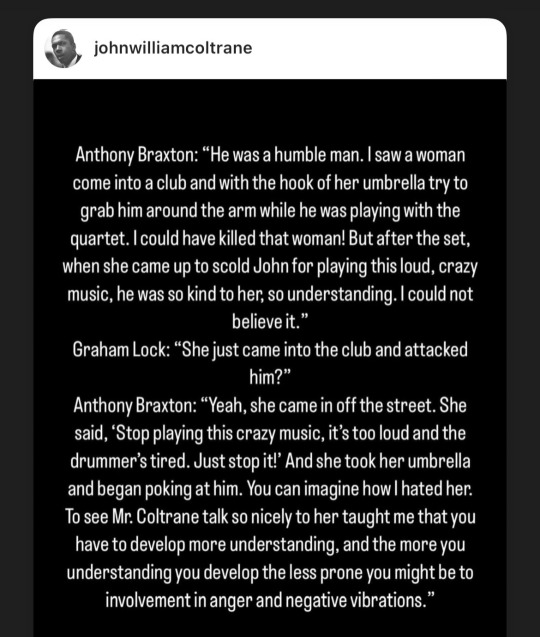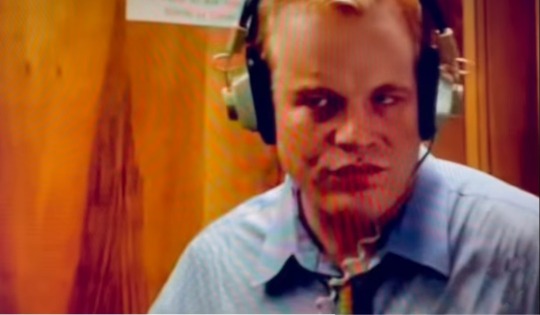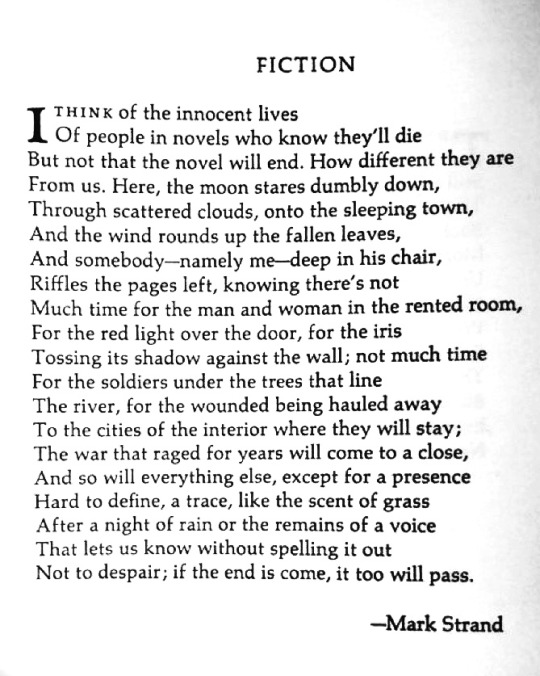Text
Sun Ra - Haverford College 1980 - Solo Rhodes Piano
youtube
12 notes
·
View notes
Text
“Love must be reinvented...”
youtube
Alain Badiou - Victorious Love
4 notes
·
View notes
Text
1 note
·
View note
Text
Brian Eno & Roger Eno - By This River (Live at The Acropolis)
youtube
5 notes
·
View notes
Text
The speech by Yanis Varoufakis on Palestine that German police banned
youtube
1 note
·
View note
Text
[…] As usual, the question which arises here is that of knowing why Hegel rules out a further dialectical twist, which would be the abolition of this abolition in a new form whereby art would constitute the total deployment of its already existing resources, in a figure of representation whose content would gradually accumulate the henceforth timeless destiny of a more or less absolute art. This new art would then be the final art, not because the absolute would only manifest itself here negatively, but, on the contrary, because it would manifest itself in the total mobilization of the registers of representation. It would be at one and the same time architecture, sculpture, painting, and dramatic poetry, drawing the history of art to a close not through the negative pirouettes of comedy, but with the attendant anxiety and seriousness of a redemptive totalization.
[…] This in no way means that we should not take into account the unprecedented historical context surrounding cinema. The age of cinema—our age—is, after all, simultaneously that of the global rise and provisional triumph of capitalism, and of the invention and the very first experimentations with its opposite, communism. Speaking partly in my own language, Hegel would say that the historical index of our era lies in all the signs it exhibits which indicate that its unique truth is to be found in the communist promise it confers, more or less liberally, according to the sequences of its troubled history. To this end, I would argue that cinema is an art of the age of a fundamental contradiction between capitalism and communism. This is the contradiction of which Hegel, who died just before Marx declared it to be constitutive of our historical world, remained unaware. And doubtless it is what limited every aspect of his thought that touched on History. It is also what compelled the great dialectician Marx to “overturn” Hegel, even while continuing his work.
Is cinema and its digital offshoots, an artistic-industrial complex of capitalism? Yes, most assuredly. But it is also a question of what, in the absolute movement of art—in the artistic truth-procedure that is cinema—subjectively overcomes its industrial essence, and will eventually destroy once and for all, in the order of politics, that for which Hollywood stands as the divided emblem.
[…] Let us conclude with a formula: the index of every eternal cinematographic work today is the visual communism it possesses, perhaps unwittingly, perhaps, even, spitefully.
Badiou, “L’immanence des vérités.”
21 notes
·
View notes
Link
Old artists are often vanquished by their own strength. The famous connoisseur Bernard Berenson adjudged that ‘What a man writes after he is 60 is worth little more than tea continuously made with the same leaves.’ The law of diminishing returns is as determining a factor in art as it is in economics. So there is something remarkable and enigmatic about great artists and writers who become even greater in what should have been their dotage. Take Du Fu in Tang Dynasty China, or John Milton in seventeenth-century England, or Goethe in Enlightenment Germany. All were major figures whose late works somehow took another turn in old age, and who openly consider in their art what their aging means for their art
29 notes
·
View notes







